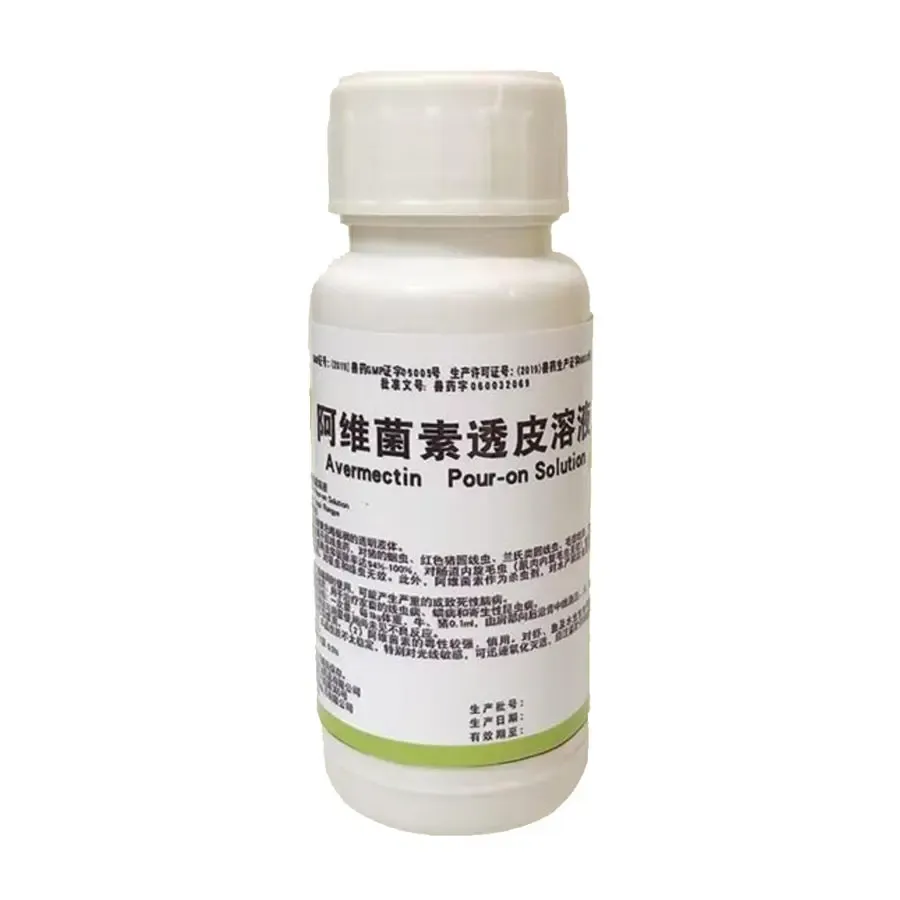- Afrikaans
- Albanian
- Amharic
- Arabic
- Armenian
- Azerbaijani
- Basque
- Belarusian
- Bengali
- Bosnian
- Bulgarian
- Catalan
- Cebuano
- Corsican
- Croatian
- Czech
- Danish
- Dutch
- English
- Esperanto
- Estonian
- Finnish
- French
- Frisian
- Galician
- Georgian
- German
- Greek
- Gujarati
- Haitian Creole
- hausa
- hawaiian
- Hebrew
- Hindi
- Miao
- Hungarian
- Icelandic
- igbo
- Indonesian
- irish
- Italian
- Japanese
- Javanese
- Kannada
- kazakh
- Khmer
- Rwandese
- Korean
- Kurdish
- Kyrgyz
- Lao
- Latin
- Latvian
- Lithuanian
- Luxembourgish
- Macedonian
- Malgashi
- Malay
- Malayalam
- Maltese
- Maori
- Marathi
- Mongolian
- Myanmar
- Nepali
- Norwegian
- Norwegian
- Occitan
- Pashto
- Persian
- Polish
- Portuguese
- Punjabi
- Romanian
- Russian
- Samoan
- Scottish Gaelic
- Serbian
- Sesotho
- Shona
- Sindhi
- Sinhala
- Slovak
- Slovenian
- Somali
- Spanish
- Sundanese
- Swahili
- Swedish
- Tagalog
- Tajik
- Tamil
- Tatar
- Telugu
- Thai
- Turkish
- Turkmen
- Ukrainian
- Urdu
- Uighur
- Uzbek
- Vietnamese
- Welsh
- Bantu
- Yiddish
- Yoruba
- Zulu
8 月 . 09, 2024 22:20 Back to list
Effective Veterinary Disinfectant Solutions for Maintaining Clean and Safe Animal Care Environments
The Importance of Veterinary Disinfectant Cleaners in Animal Care
In the realm of animal healthcare, maintaining a clean and safe environment is paramount. Veterinary disinfectant cleaners play a critical role in ensuring that veterinary clinics, animal shelters, farms, and other environments housing animals remain free from harmful pathogens. These disinfectants not only prevent the spread of diseases among animals but also protect the health of staff and pet owners who interact with these animals.
Infectious diseases can spread rapidly among animals, especially in environments where numerous species coexist or where animals are housed in close quarters, such as shelters and veterinary practices. Common pathogens, including bacteria, viruses, and fungi, can be transmitted through direct contact, contaminated surfaces, or shared equipment. Therefore, using effective veterinary disinfectant cleaners is essential to reduce the risk of infections and outbreaks.
Effective veterinary disinfectants are formulated to target a wide range of pathogens. They usually contain active ingredients such as quaternary ammonium compounds, phenolics, or chlorine-based agents, all designed to kill or deactivate harmful microorganisms. When selecting a disinfectant, it is essential to consider the specific pathogens of concern, as not all disinfectants are effective against all types of organisms. For instance, some disinfectants may be excellent against bacteria but less effective against certain viruses or fungi.
veterinary disinfectant cleaner

Moreover, the application of veterinary disinfectants should follow rigorous protocols. To achieve maximum efficacy, surfaces need to be thoroughly cleaned to remove organic matter such as soil, blood, or other biological materials before the disinfectant is applied. This pre-cleaning step is crucial because organic matter can shield pathogens from the disinfectant, reducing its effectiveness. After cleaning, the disinfectant should be applied according to the manufacturer's instructions, paying attention to contact time, which is the duration the surface needs to remain wet with the disinfectant to ensure complete pathogen kill.
In addition to routine disinfection, veterinary disinfectant cleaners are vital during outbreaks of infectious diseases. For example, in situations where a contagious illness has been identified, immediate and thorough disinfection of all potentially contaminated areas becomes a priority. This rapid response can help contain the spread of disease and safeguard the health of both animals and humans.
Another critical aspect of veterinary disinfectants is their safety profile. Since these cleaners are often used in environments with living animals, choosing products that are non-toxic or have low toxicity levels is essential. Veterinary professionals must always follow safety guidelines to protect themselves, their staff, and the animals they care for. Furthermore, it is important to account for the sensitivity of different species; for example, certain disinfectants may be harmful to birds or reptiles, necessitating the need for careful selection and application.
In conclusion, veterinary disinfectant cleaners are indispensable tools in animal healthcare. They help maintain hygiene, reduce the spread of infectious diseases, and protect the wellbeing of both animals and humans in various settings. By adhering to proper cleaning protocols and utilizing effective disinfectants, veterinary professionals can create a safer environment, ensuring that animals receive the best possible care while minimizing health risks. In a world where zoonotic diseases pose increasing threats, the role of disinfectants in veterinary practices cannot be overstated; they are the front line of defense in maintaining health and safety in animal care.
-
The Power of Radix Isatidis Extract for Your Health and Wellness
NewsOct.29,2024
-
Neomycin Sulfate Soluble Powder: A Versatile Solution for Pet Health
NewsOct.29,2024
-
Lincomycin Hydrochloride Soluble Powder – The Essential Solution
NewsOct.29,2024
-
Garamycin Gentamicin Sulfate for Effective Infection Control
NewsOct.29,2024
-
Doxycycline Hyclate Soluble Powder: Your Antibiotic Needs
NewsOct.29,2024
-
Tilmicosin Premix: The Ultimate Solution for Poultry Health
NewsOct.29,2024













